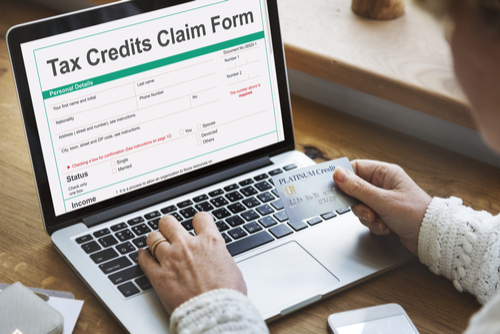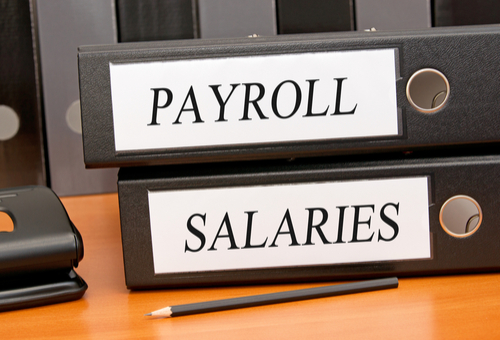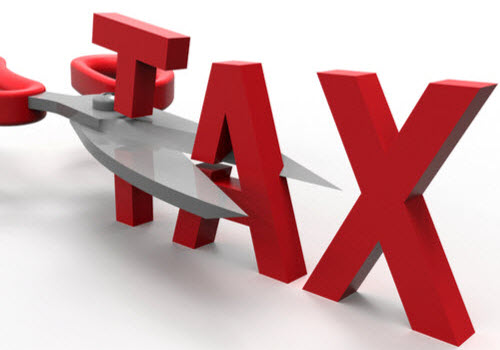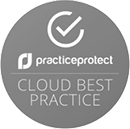The words ‘tax deductible’ are often thrown around in reference to so many of our daily business expenses.
Understanding what can and can’t be claimed as a tax deduction in your business is critical in maximising the savings on your tax return and minimising the time you waste reading through old receipts and records.
Our team of tax professionals are here to give you clarity on the puzzling topic of tax deductions for your business.
What can I claim?
As a general rule, you can claim a tax deduction on an expense if it directly relates to the operation of your business and the income that it generates.
However, the nature of any deductions will vary based on the structure of your business.
In fact, some deductions may actually need to be claimed in your personal income tax return if you are a sole trader.


Can I claim travel expenses as a tax deduction?
Travel for business purposes is one expense that can be claimed as a tax deduction. You do however, need to be careful if the trip is not solely for business purposes.
If your trip to a conference in Hong Kong also included a stopover at a resort in Bali, you will need to apportion your claim and may be liable to pay Fringe Benefits Tax on your travel.
To ensure that you’re meeting your tax deduction requirements for travel for six nights or longer, you will need to maintain a diary of your business activity throughout the trip. The necessary details include the date, time and location of the activity.
What about tax deductions for wages and super?
In most cases, you will also be able to be able to claim a deduction on salaries and wages paid to employees and super contributions made on their behalf.
In the case of a business partnership, be careful not to include wages paid to one of the business partners. These are considered to be a distribution of business profits and so will not be considered tax deductible.


Are Capital expenses tax deductible?
Expenses relating to the maintenance and repair of capital are also considered to be tax deductible. Examples of these expenses include painting, mending leaks and repairing electrical appliances.
By definition, these expenses must have been incurred to repair something, by fixing defects or replacing parts, and does not include a total reconstruction of an asset. Unfortunately, this means that putting a second floor on your home office or substantially improving any items or property, cannot be claimed as a tax deduction.
What isn’t allowed to be claimed as a tax deduction?
Among the expenses that you cannot claim are private expenses such as childcare fees and expenses relating to things like hobbies and leisure activity.
While you could spend hours trawling through the list of expenses that are and aren’t deductible, it is often far more efficient and cost-effective to let a tax professional do that for you.


Tax Accounting Specialists
Tax deductions are complex and intricate in nature, so tackling the task on your own can be overwhelming at the best of times.
To save yourself time and money and to make sure you’re claiming everything you’re legally entitled to on your tax filing, contact us for tax help.
Contact ATB Chartered Accountants today




